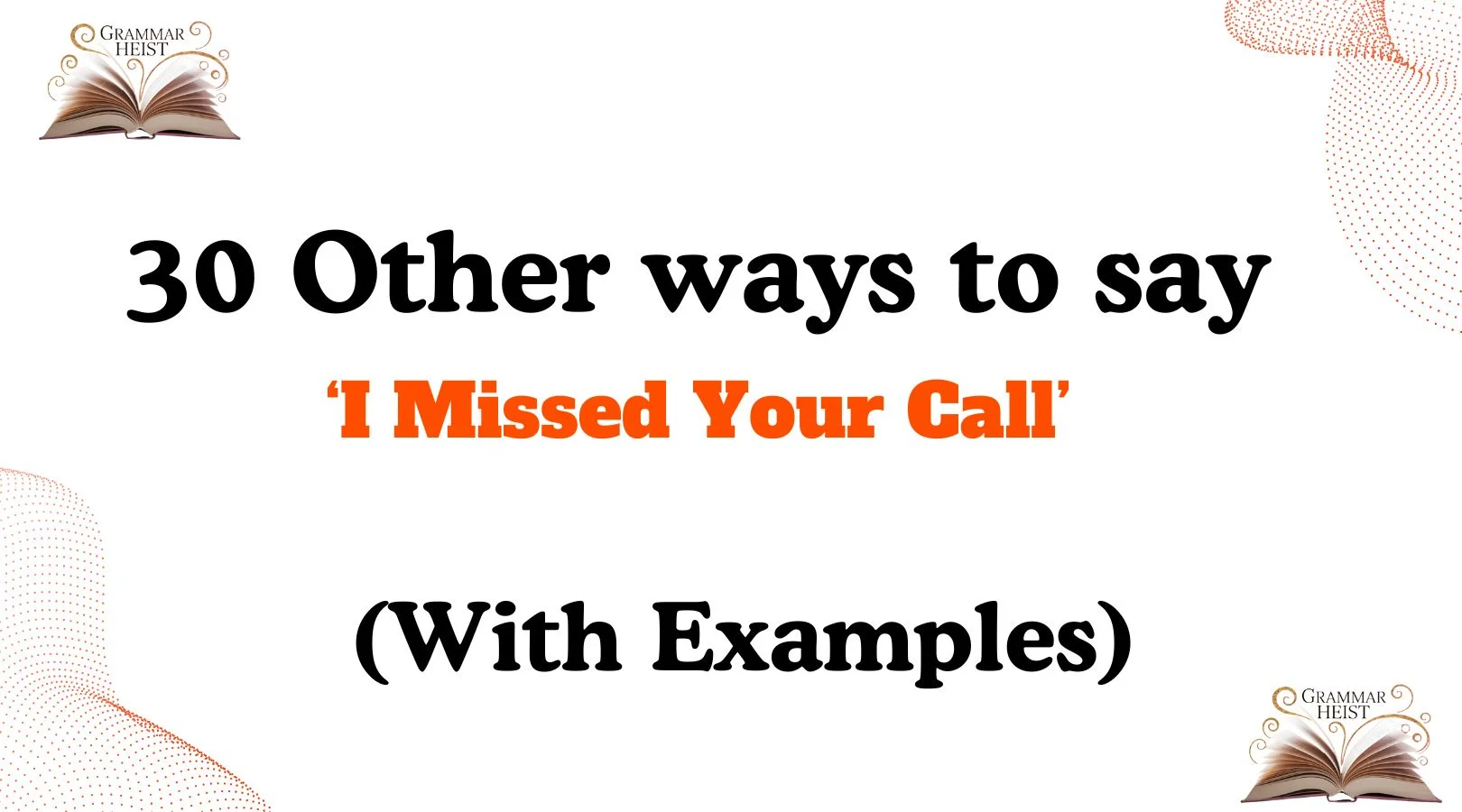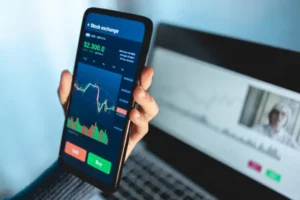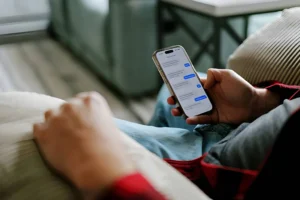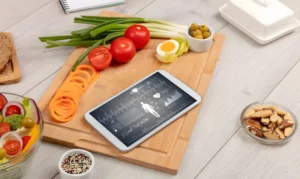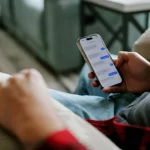Finding the right words to communicate care and attention can make all the difference. Saying “I missed your call” is common, but sometimes it feels impersonal or routine. Using thoughtful alternatives can make your message feel warmer, more genuine, and reflective of your relationship with the person you’re speaking to. Below are 30 empathetic ways to say “I missed your call”, along with scenarios, examples, tones, and explanations.
What Does “I Missed Your Call” Mean?
Saying “I missed your call” simply means that you were unavailable to answer someone when they tried to reach you by phone. It communicates acknowledgment of their attempt to contact you, but doesn’t always convey your intention to follow up or express empathy.
Is It Professional/Polite to Say “I Missed Your Call”?
Yes. It is generally polite and professional, especially if followed by a follow-up message, such as asking when would be a good time to reconnect. However, the tone can feel neutral or even slightly detached, so using alternatives can make your communication warmer and more personal.
Pros and Cons
Pros:
- Acknowledges the missed communication.
- Simple and widely understood.
- Can be professional or casual.
Cons:
- Can feel impersonal.
- Doesn’t express empathy or urgency.
- Might sound repetitive if overused.
Synonyms For “I Missed Your Call”
- Sorry I missed your call
- I wasn’t able to take your call
- Just saw I missed your call
- Sorry I wasn’t able to answer
- I just missed your call
- I saw your call and wanted to call back
- Missed your call earlier
- Apologies for missing your call
- I couldn’t pick up your call
- Sorry I missed you
- Can’t talk right now, just saw your call
- Sorry I couldn’t get to the phone
- Missed your ring
- Didn’t catch your call
- Sorry I wasn’t available
- I just noticed your call
- Your call came through while I was busy
- Sorry I couldn’t answer in time
- I missed your call, let’s reconnect
- I wasn’t near my phone
- Just noticed your ring
- I wanted to take your call but missed it
- Sorry I missed your phone call
- Just got your call
- I wasn’t able to answer at the moment
- Missed your call, what’s up?
- Sorry I couldn’t pick up
- Didn’t get your call earlier
- Sorry I wasn’t reachable
- I missed your call, let me call back
1. Sorry I missed your call
Scenario: You couldn’t pick up a call from a friend or colleague.
Examples:
- “Sorry I missed your call, can we catch up later?”
- “Apologies for missing your call earlier, hope everything is okay.”
- “Hey! Sorry I couldn’t answer your call, I was tied up.”
Tone: Polite, apologetic, friendly.
Explanation: Adds an immediate acknowledgment and expresses empathy.
2. I wasn’t able to take your call
Scenario: Professional setting where you want to acknowledge without over-apologizing.
Examples:
- “I wasn’t able to take your call, could we reschedule?”
- “I wasn’t able to answer your call this morning, please let me know a good time to talk.”
- “Sorry, I wasn’t able to take your call earlier, let’s connect soon.”
Tone: Professional, courteous.
Explanation: Polite phrasing, slightly formal but still warm.
3. Just saw I missed your call
Scenario: Casual message to a friend or colleague after noticing the missed call.
Examples:
- “Just saw I missed your call! Everything okay?”
- “Hey, just saw your call, can I call you back?”
- “Oops, just saw I missed your call, sorry about that!”
Tone: Friendly, conversational.
Explanation: Informal, shows attentiveness without over-formality.
4. Sorry I wasn’t able to answer
Scenario: A courteous, slightly apologetic tone for any context.
Examples:
- “Sorry I wasn’t able to answer, can we talk later?”
- “Apologies for not picking up your call, I’m available now.”
- “Sorry I wasn’t able to answer your call earlier, let me know when you’re free.”
Tone: Polite and considerate.
Explanation: Expresses regret while leaving room to reconnect.
5. I just missed your call
Scenario: Casual acknowledgment of a missed call.
Examples:
- “I just missed your call, sorry about that!”
- “I just missed your call, can we chat now?”
- “Hey, I just missed your call, what’s up?”
Tone: Friendly, slightly casual.
Explanation: Highlights immediacy of noticing the missed call.
6. I saw your call and wanted to call back
Scenario: Shows active engagement and intent to reconnect.
Examples:
- “I saw your call and wanted to call back, when’s a good time?”
- “Just noticed your call and wanted to return it.”
- “Saw your call, hope I’m not too late to call back.”
Tone: Thoughtful, proactive.
Explanation: Indicates initiative and care to maintain the conversation.
7. Missed your call earlier
Scenario: Straightforward acknowledgment for professional or casual use.
Examples:
- “Missed your call earlier, let’s connect soon.”
- “Sorry, missed your call earlier, I’m free now.”
- “Missed your call earlier, can you give me a moment to call back?”
Tone: Neutral, polite.
Explanation: Simple acknowledgment, can suit both casual and professional contexts.
8. Apologies for missing your call
Scenario: Formal apology, suitable in professional or sensitive contexts.
Examples:
- “Apologies for missing your call, I’ll reach out shortly.”
- “Please accept my apologies for missing your call earlier.”
- “Apologies for not answering your call, let’s schedule a time to talk.”
Tone: Formal, professional.
Explanation: Shows respect and attentiveness, especially in work settings.
9. I couldn’t pick up your call
Scenario: Casual and factual acknowledgment.
Examples:
- “I couldn’t pick up your call, can I call you now?”
- “Sorry, I couldn’t pick up your call, I was in a meeting.”
- “I couldn’t pick up your call, hope I’m not late to catch you.”
Tone: Neutral, friendly.
Explanation: Communicates unavailability without over-apologizing.
10. Sorry I missed you
Scenario: Very casual, friendly tone.
Examples:
- “Sorry I missed you, let’s chat soon!”
- “Hey, sorry I missed you, free to talk now?”
- “Sorry I missed you earlier, hope your day is going well.”
Tone: Friendly, warm.
Explanation: Less formal, often used for peers or friends.
11. Can’t talk right now, just saw your call
Scenario: You’re busy but want to acknowledge the call promptly.
Examples:
- “Can’t talk right now, just saw your call. Can I call you later?”
- “Sorry, I can’t talk at the moment, just noticed your call.”
- “Just saw your call, I’ll reach out as soon as I’m free.”
Tone: Polite, thoughtful.
Explanation: Communicates attentiveness while setting boundaries for availability.
12. Sorry I couldn’t get to the phone
Scenario: Casual or professional acknowledgment of missed call.
Examples:
- “Sorry I couldn’t get to the phone earlier, hope I’m not late to call back.”
- “Apologies, couldn’t get to the phone, can we connect now?”
- “I couldn’t get to the phone, let’s touch base soon.”
Tone: Friendly, apologetic.
Explanation: Acknowledges the missed call while subtly explaining unavailability.
13. Missed your ring
Scenario: Very casual, used for friends or colleagues you’re familiar with.
Examples:
- “Hey, missed your ring! What’s up?”
- “Missed your ring, can I call you back?”
- “Oops, missed your ring earlier.”
Tone: Informal, lighthearted.
Explanation: Casual phrasing that conveys awareness without formalities.
14. Didn’t catch your call
Scenario: Simple acknowledgment when you were unavailable.
Examples:
- “Didn’t catch your call, let’s talk soon.”
- “Sorry, didn’t catch your call earlier, free now?”
- “Just noticed, didn’t catch your call, what’s going on?”
Tone: Neutral, friendly.
Explanation: Straightforward, works for casual or semi-professional contexts.
15. Sorry I wasn’t available
Scenario: Professional or polite acknowledgment.
Examples:
- “Sorry I wasn’t available for your call, can we reschedule?”
- “Apologies, I wasn’t available earlier, I’m free now.”
- “Sorry I wasn’t available, let me know when it’s convenient to talk.”
Tone: Professional, courteous.
Explanation: Polite acknowledgment suitable for colleagues or formal contacts.
16. I just noticed your call
Scenario: Casual acknowledgment after seeing a missed call.
Examples:
- “I just noticed your call, can I call you back?”
- “Oops, just noticed your call, sorry I missed it.”
- “I just noticed your call, hope it wasn’t urgent.”
Tone: Friendly, considerate.
Explanation: Shows attentiveness even if slightly delayed.
17. Your call came through while I was busy
Scenario: Explains why you missed the call.
Examples:
- “Your call came through while I was busy, can we reconnect?”
- “I was tied up when your call came through, sorry about that!”
- “Saw your call came through while I was busy, hope you’re free later.”
Tone: Polite, explanatory.
Explanation: Shows that you were attentive but temporarily unavailable.
18. Sorry I couldn’t answer in time
Scenario: Polite acknowledgment emphasizing timing.
Examples:
- “Sorry I couldn’t answer in time, let’s chat now?”
- “Apologies for not picking up in time, call me back when convenient.”
- “Sorry I couldn’t answer in time, hope it’s okay to call now.”
Tone: Considerate, professional/friendly.
Explanation: Focuses on timing rather than fault, suitable for sensitive contexts.
19. I missed your call, let’s reconnect
Scenario: Encourages immediate follow-up.
Examples:
- “I missed your call, let’s reconnect as soon as you’re free.”
- “Sorry I missed your call, can we schedule a time to talk?”
- “I missed your call, want to catch up now?”
Tone: Friendly, proactive.
Explanation: Expresses intent to continue the conversation promptly.
20. I wasn’t near my phone
Scenario: Explains unavailability casually.
Examples:
- “I wasn’t near my phone, sorry I missed your call.”
- “Hey, I wasn’t near my phone, can we talk now?”
- “I wasn’t near my phone, just saw your call.”
Tone: Casual, friendly.
Explanation: Informal explanation suitable for friends, colleagues, or acquaintances.
21. Just noticed your ring
Scenario: Acknowledgment after noticing a missed call.
Examples:
- “Just noticed your ring, can I call you back?”
- “Hey! Just noticed your ring, sorry I missed it.”
- “Just saw your ring, what’s up?”
Tone: Informal, friendly
Explanation: Light and conversational; works well for casual communication.
22. I wanted to take your call but missed it
Scenario: Shows intent to answer but circumstance prevented it.
Examples:
- “I wanted to take your call but missed it, can we talk now?”
- “Sorry, I wanted to pick up but couldn’t, let’s connect.”
- “I wanted to answer your call but missed it, available now?”
Tone: Thoughtful, apologetic.
Explanation: Conveys good intentions and attentiveness.
23. Sorry I missed your phone call
Scenario: Neutral and slightly formal acknowledgment.
Examples:
- “Sorry I missed your phone call, hope we can catch up soon.”
- “Apologies for missing your phone call, available now?”
- “Sorry I missed your phone call, when is a good time to talk?”
Tone: Polite, professional.
Explanation: Simple, straightforward acknowledgment.
24. Just got your call
Scenario: Casual, immediate acknowledgment.
Examples:
- “Just got your call, can I call you back?”
- “Hey, just got your call, what’s up?”
- “Just got your call, hope I’m not late to respond.”
Tone: Friendly, casual.
Explanation: Communicates immediacy and readiness to respond.
25. I wasn’t able to answer at the moment
Scenario: Polite, neutral acknowledgment for professional or casual settings.
Examples:
- “I wasn’t able to answer at the moment, can we reconnect?”
- “Sorry, I wasn’t able to answer your call, available now.”
- “I wasn’t able to answer at that time, when is a good time to call?”
Tone: Professional, courteous.
Explanation: Polite phrasing that explains unavailability.
26. Missed your call, what’s up?
Scenario: Casual, friendly acknowledgment to start a conversation.
Examples:
- “Missed your call, what’s up?”
- “Hey! Missed your call, how’s it going?”
- “Missed your call, want to chat now?”
Tone: Friendly, approachable.
Explanation: Encourages a casual follow-up conversation.
27. Sorry I couldn’t pick up
Scenario: Polite acknowledgment, simple and versatile.
Examples:
- “Sorry I couldn’t pick up, can we talk later?”
- “Apologies, couldn’t pick up your call, available now.”
- “Sorry I couldn’t pick up, let’s reconnect soon.”
Tone: Polite, neutral.
Explanation: Works for both casual and professional situations.
28. Didn’t get your call earlier
Scenario: Slightly informal acknowledgment.
Examples:
- “Didn’t get your call earlier, can we talk now?”
- “Hey, didn’t get your call earlier, hope all is well.”
- “Sorry, didn’t get your call earlier, want to chat?”
Tone: Friendly, casual.
Explanation: Indicates missed call while maintaining warmth.
29. Sorry I wasn’t reachable
Scenario: Formal or professional acknowledgment.
Examples:
- “Sorry I wasn’t reachable earlier, can we schedule a time to talk?”
- “Apologies, I wasn’t reachable, available now if you are free.”
- “Sorry I wasn’t reachable, hope it’s convenient to call now.”
Tone: Professional, courteous.
Explanation: Shows polite acknowledgment and offers reconnection.
30. I missed your call, let me call back
Scenario: Encourages immediate follow-up.
Examples:
- “I missed your call, let me call back now.”
- “Sorry I missed your call, I’ll call you in a few minutes.”
- “I missed your call, can I reach you shortly?”
Tone: Friendly, proactive.
Explanation: Demonstrates attentiveness and intention to reconnect quickly.
Conclusion
Expressing “I missed your call” with empathy and warmth can make your communication feel personal and thoughtful. Whether professional or casual, choosing the right phrasing helps strengthen your connection and shows genuine consideration for the other person’s time.
